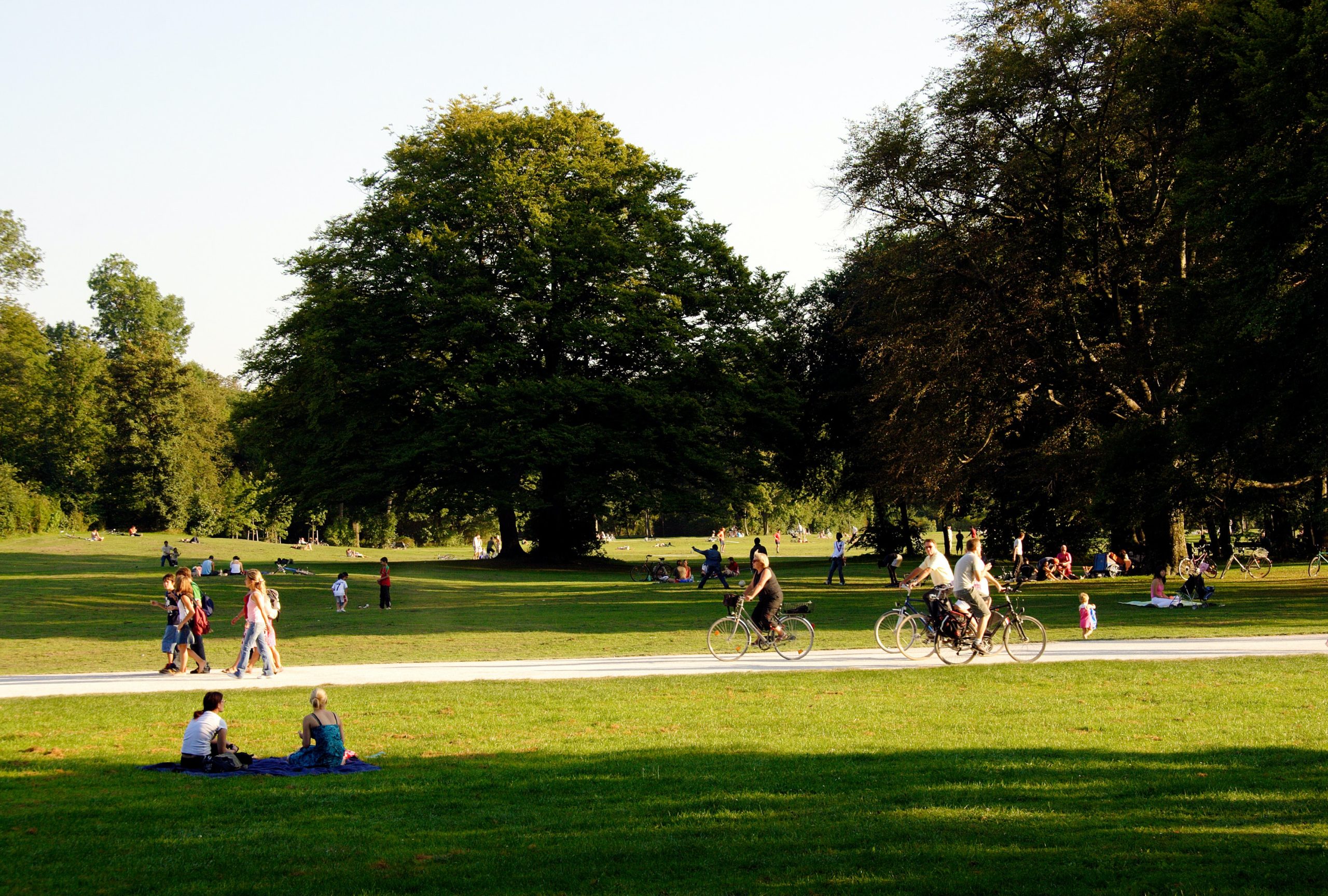Single actions on climate change can have multiple benefits

When it comes to climate change the science is very clear: to limit global warming we must rapidly cut our emissions of greenhouse gases.
But that’s not all that’s required. The planet has already warmed by more than a degree since the mid nineteenth century, leading to rising seas and more frequent floods, droughts and wildfires. And due to existing carbon dioxide concentrations in the atmosphere, some amount of further warming is unavoidable. For this reason, we’re already having to adapt to reduce the impacts climate change can have on society.
These two strands of response to climate change are known as mitigation and adaptation. We need to mitigate to avoid the very worst potential impacts of climate change, and we need to adapt to the impacts from the climate change we’re already committed to in the future.
It is increasingly recognised that there are benefits from considering actions on mitigation and adaptation together. For example, by developing sustainable infrastructure, homes may be more resilient to new climate extremes such as heat, while also being more economic to run, saving energy and preventing greenhouse gas emissions.
And the benefits don’t have to be restricted to avoiding physical climate impacts. They could also positively benefit people’s health, the economy, our delicate ecosystem or even our society and culture. These ‘win-win’ actions are known as co-benefits and they are scalable from small individual decisions, all the way to major infrastructure projects.
The University of Leeds, working with the Met Office, has developed a new tool for policymakers, academics and industry to see how single actions can have multiple benefits for people’s lives and the world around them.

Launched at COP27 in Egypt, the new tool builds on existing scientific evidence in an accessible and interactive way to help people and institutions understand how different climate actions might generate benefits or trade-offs across different regions and contexts. You can watch the event at the UK Pavilion at COP27 where the tool was launched in the video below.
Within the tool the user can select the region they are interested in and easily see how a range of different actions interact with categories that they might benefit or where there could be a risk of a trade-off. As the tool is populates with peer-reviewed scientific evidence, it aims to provide policymakers, academics and industry with a simple and trustworthy method of assessing the impact and potential wider value through co-benefits of a particular course of action.
On the launch of the tool, Government Chief Scientific Advisor, Sir Patrick Vallance, commented: “We know that immediate and sustained action is needed to prevent the most dangerous impacts of climate change. By adopting a systems approach, we can prioritise solutions that result in the greatest net benefit, both for human health and the environment.”
A particular example of co-benefits examined by the Met Office assesses how urban environments are at particular risk of climate change impacts. Analysis in City Heat Packs created by the Met Office for the UK Resilience programme shows the sorts of risks cities could expect under a warming climate through this century. Urban environments are also a good example of where these co-benefits can really play out.

For example, by adapting urban areas to include more green spaces and bodies of water, there can be benefits for ecosystems, energy use and health. Water and air quality can be improved, urban heat island effects can be limited as green spaces lower urban temperatures, and energy can be saved as less surface water travels through combined sewers and wastewater treatment plants. With reduced urban temperatures people living in towns and cities would also be at less risk of heat stress and have more outdoor spaces that are shown to improve mental health. So, by taking one action, there are multiple co-benefits to society.
This article originally appeared on the Met Office blog.
Top photo by Ignacio Brosa on Unsplash.
